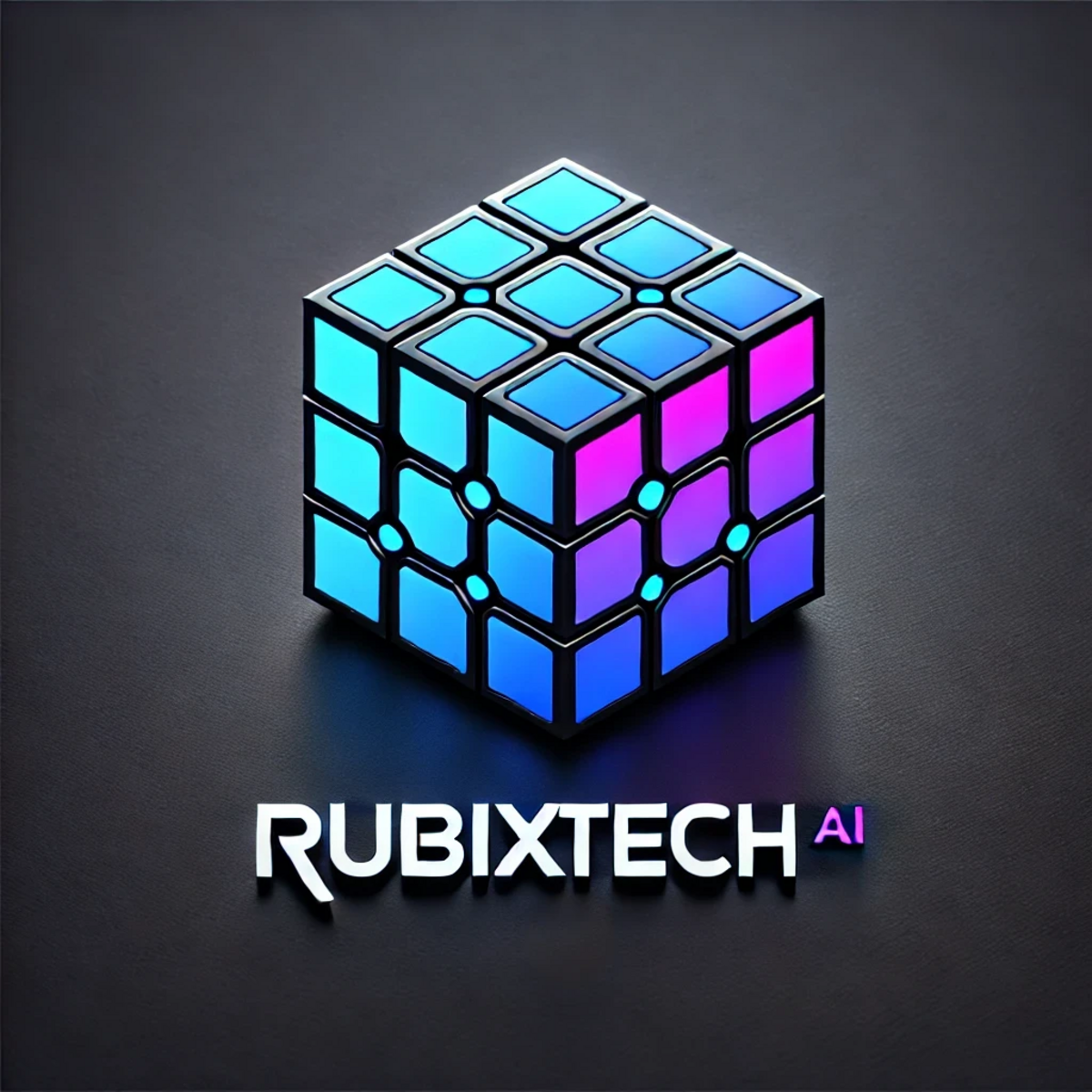Today’s Contents
🚀 2024: AI Innovations and Transformative Technologies
🧰Tech Toolbox
🚀 2024: A Year of Groundbreaking AI Innovations and Transformative Technologies

The year 2024 has been a landmark for artificial intelligence (AI), with companies across the globe unveiling game-changing technologies, tools, and software that have redefined industries. From startups to tech giants, the innovations have been nothing short of revolutionary. Here's a comprehensive look at the major breakthroughs, the companies driving them, and the evolving landscape of AI regulation.
New Entrants and Innovations
This year, VisionaryAI emerged as a leader in the SaaS market, introducing a suite of AI-driven tools tailored for creative professionals. Their flagship platform combines generative design and content creation, making it an instant hit among freelancers and agencies. Similarly, Nucleus AI released its IMX bundle, featuring advanced integrations of ChatGPT 4.0 Plus, Google Gemini, and DALL-E HD. These tools cater to everything from content generation to complex media editing.
Meanwhile, StocksBreeze AI took financial technology to new heights, offering MidJourney-style image creation, Stable Diffusion integrations, and cutting-edge transcription capabilities powered by Deepgram Nova-2. Its unique blend of AI tools has made it a favorite among marketers and analysts alike.
Startups like Sintra AI Agents and Aminos AI also carved niches with their focus on automation and personal AI assistants. These tools aim to streamline daily tasks, enabling users to achieve more with less effort.
Established Leaders Reinventing Themselves
This year saw innovations not only from emerging players but also from established giants like Apple and Samsung, which made significant contributions to the AI landscape. Apple introduced NeuralVision, an AI-powered platform integrated into their devices, enabling advanced image recognition and personalized user experiences. Samsung launched AI Galaxy Core, enhancing mobile devices with predictive text and real-time translation features driven by neural networks.
In the SaaS space, HubSpot AI unveiled new marketing automation tools that leverage AI for hyper-targeted campaigns, while Salesforce Einstein GPT set new standards for CRM by integrating generative AI for real-time customer insights. Zoom AI Companion became a game-changer for remote work, offering meeting summaries, transcription, and action-item generation.
Social media platforms also embraced AI in 2024. Instagram introduced a content moderation AI that uses generative models to detect harmful content proactively, while Twitter XAI launched tools for predictive trends and sentiment analysis. Snapchat, meanwhile, enhanced user engagement with MyAI Pro, delivering real-time AR effects and voice-controlled features.
In the cryptocurrency realm, companies like ChainGPT introduced AI tools for blockchain developers, facilitating smart contract creation and crypto analytics. Binance AI Hub provided traders with predictive market insights and automated portfolio management, marking a significant leap in crypto trading technologies.
Laws and Regulations
The rapid growth of AI has not come without scrutiny. In 2024, governments worldwide enacted significant regulations to ensure responsible AI development and deployment. The European Union’s AI Act was a standout, mandating transparency in AI models and requiring developers to address bias and ethical concerns proactively.
In the United States, legislators passed the Responsible AI Usage Act, focusing on electoral integrity and misinformation. Companies now face stricter guidelines, particularly in deploying AI systems in sensitive areas like healthcare, finance, and law enforcement.
The Role of White-Label Platforms
The rise of white-label AI platforms has democratized access to cutting-edge tools. AI Supreme, AI-DADY, and Total AI have made it possible for businesses to rebrand and resell AI solutions, creating new revenue streams. These platforms offer a comprehensive suite of tools, including content creation, social media management, and e-commerce optimization.
AI Tools Changing the Game
From individual users to large enterprises, AI tools have made an indelible impact this year. Plasfy, a design-centric platform, empowered creators with intuitive features rivaling Canva, while AI Wizard simplified complex automation tasks for small businesses.
On the education front, CourseMate AI revolutionized e-learning by enabling educators to design interactive courses with AI-driven analytics. The platform’s success underscores the growing demand for personalized, efficient learning experiences.
The Future of AI
2024’s advancements in AI have set the stage for a future brimming with possibilities. As tools become more sophisticated and regulations ensure ethical deployment, the next wave of innovations promises to tackle even more complex challenges.
For companies and individuals alike, the message is clear: embrace AI or risk being left behind. The technologies unveiled this year are not just enhancements—they are essential building blocks for the future.

Here are ten new AI tools launched in 2024 for creating chatbots and AI agents:
Grok by xAI: An AI chatbot integrated with X (formerly Twitter), offering advanced conversational capabilities.
PromptIDE by xAI: An integrated development environment designed for prompt engineering and interpretability research, facilitating the creation of sophisticated AI agents.
Google Vertex AI Agents: A platform that enables developers to create and deploy AI agents efficiently, streamlining the development process.
Cisco Webex AI Studio: A tool that allows businesses to build custom AI chatbots for enhanced customer engagement within the Webex ecosystem.
SentinelOne Purple AI: An AI-driven platform designed for creating intelligent agents to enhance cybersecurity measures.
Amazon Q: A conversational AI service that enables the development of sophisticated chatbots for customer service and other applications.
Hatz AI: A platform offering tools to build AI agents tailored for various business needs, enhancing operational efficiency.
Voiceflow: A user-friendly platform that allows the creation of conversational agents without coding, suitable for both novices and professionals.
Microsoft AutoGen: An open-source framework designed to build and coordinate multi-agent conversational systems, simplifying complex workflows.
Personal AI MODEL-2: A memory-based AI platform that enables users to create personalized AI agents for various applications, including communication and productivity.

